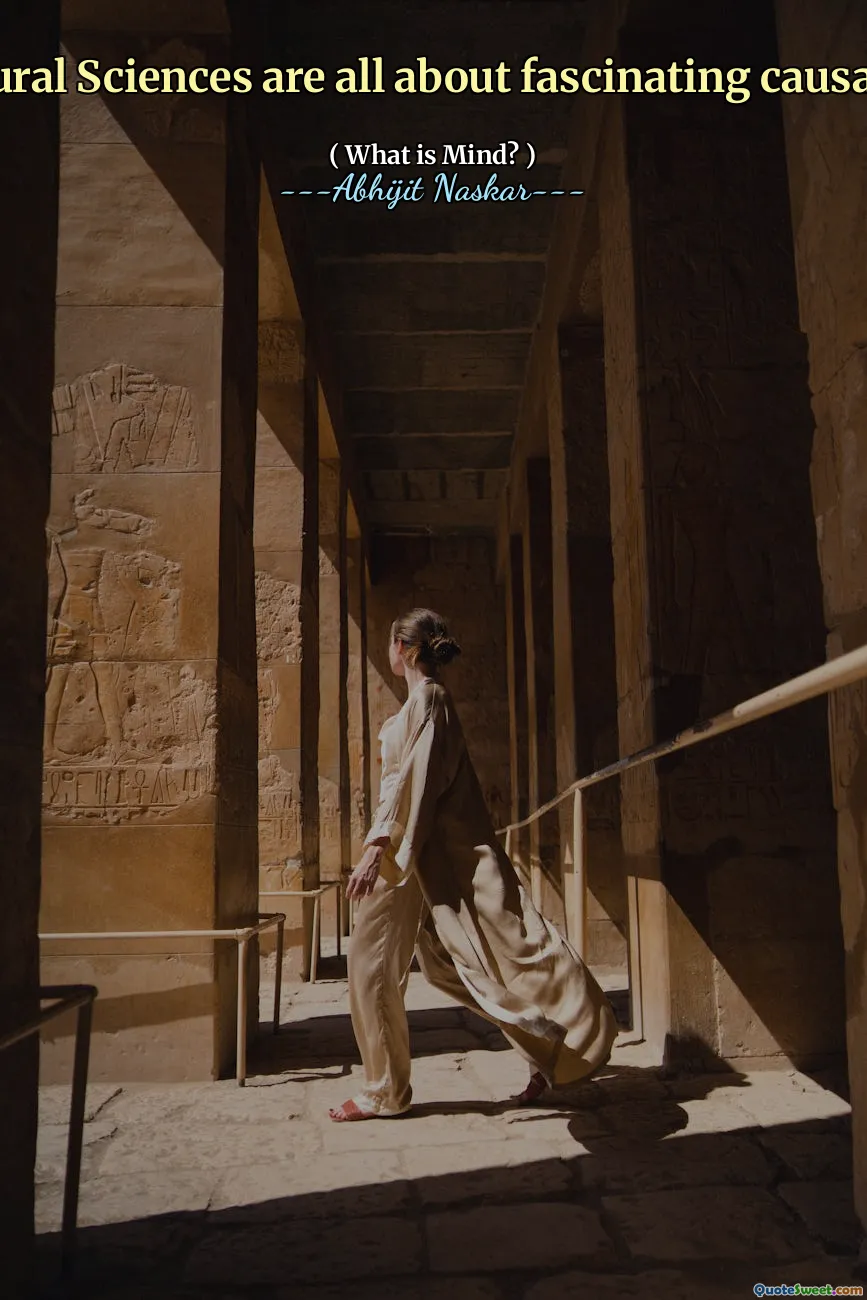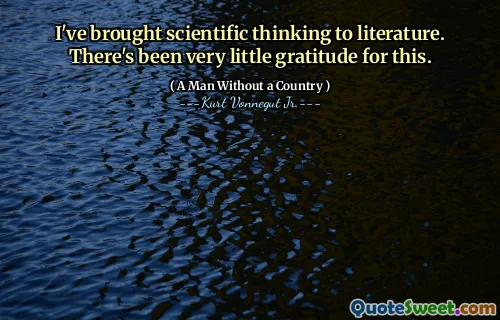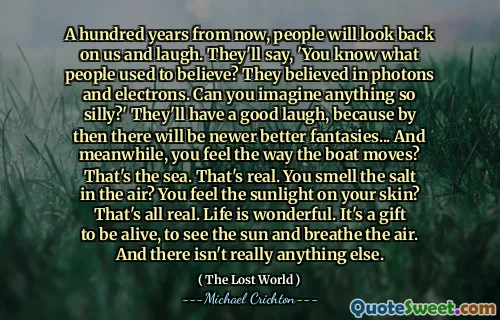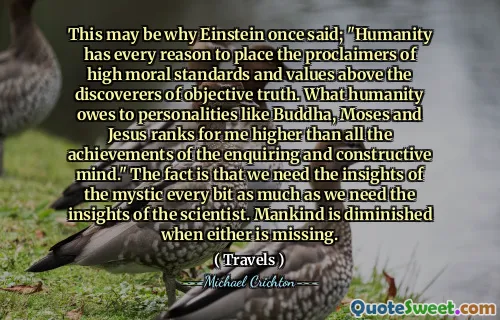
Natural Sciences are all about fascinating causality.
The quote highlights the compelling nature of causality in the natural sciences, emphasizing how understanding cause-and-effect relationships allows us to unlock the mysteries of the universe. Causality serves as the backbone of scientific inquiry; without grasping how one event leads to another, scientific progress becomes aimless. The natural sciences—such as physics, chemistry, and biology—rely on meticulous observation, experimentation, and reasoning to establish causal links. This approach helps us predict phenomena, develop new technologies, and solve complex problems that impact everyday life.
Reflecting on this, it becomes evident that causality enriches our perception of reality. For instance, when scientists identify the causal factors behind diseases, they can develop targeted treatments and preventative measures, saving countless lives. In physics, understanding causal relationships reveals the fabric of spacetime and the fundamental forces landscape, essentially illustrating how the universe operates at its core.
Moreover, causality fosters a sense of order and predictability in a universe otherwise full of chaos and uncertainty. It gives scientists and laypeople alike the confidence that the world is comprehensible. This understanding encourages curiosity and exploration, driving scientific advances which, in turn, influence societal development. The beauty is that while the natural sciences focus on material and empirical phenomena, the quest to understand causality bridges the tangible world with abstract reasoning, reminding us of the interconnectedness of all things.
So, the fascination with causality lies not just in discovering scientific facts but in revealing the underlying principles that govern existence—turning seemingly random events into comprehensible patterns. It instills a sense of wonder, empowerment, and responsibility, highlighting why causality remains at the heart of scientific pursuit.







